Calcutta, thousands of mothers and pregnant women march for right to maternity benefits (Photos)
The National Food Security Act was passed in 2013 but it is still in the pilot phase. It is applied to the 52 districts in the country. So far 55 million euro in aid have been distributed, but to start the project it would take two billion. Women forced to work until the ninth month of pregnancy.
Mumbai (AsiaNews) - Thousands of people, including mothers and pregnant women, protested in Calcutta for their right to maternity benefits. According to the National Food Security Act of 2013, pregnant and breastfeeding women should receive a subsidy of 6 thousand rupees from the state. However, "three years after the approval of the law, only pilot testing was confined in 52 districts", denounces Fr. Irudaya Jothi SJ, coordinator of the Right to Food Campaign, a network of over 500 NGOs in West Bengal.
On November 22, the protesters gathered at the Esplanade, in the heart of the city. There they divided into two parades, from Howrah and Sealdah stations. Sombari Mandi, a young mother of Burdwan district, who lost her infant son last September was among protesters. She told AsiaNews that the child "died at birth because I was malnourished. If I had enough food and was not forced to work up to the ninth month of pregnancy, maybe he would have lived".
The Food Security Bill (also known as the NFSA, National Food Security Act) was launched in August 2013 by the then government led by the Congress of Sonia Gandhi. Later the law was ratified in parliament, not without arousing doubts from the experts, concerned about the interest of corrupt administrators who are responsible for the distribution of aid attracted by the huge sums of money.
In its original formulation, the decree required a distribution of 5 kg of cereals per person per month, in controlled prices by 1-3 rupees per kilo; free meals to pregnant women, nursing mothers, children between six months and 14 years of age, malnourished children and the homeless. Instead once it the text was approved, some categories were excluded and in India even today many people are starving.
Protesters took to the streets have made specific requests: every pregnant woman should be guaranteed the benefit of 6 thousand rupees [€ 82]; the Maternity Benefit Act, 1961 should be abolished and all women (including housewives) must be granted 26 weeks of paid minimum wage during pregnancy; replacing poor quality flour with authentic grain. The current law governing working women who are pregnant dates to 1961, but provides for exemption from work only for 12 weeks.
Fr. Jothi, who coordinates the Udayani Social Action Forum (social formation of Jesuits in Calcutta) - one of the major sponsors of the protest - shows that in the 2016-2017 biennium only 4 billion rupees [€ 55 million] were allocated. "In order for the right to maternity benefits becoming universal - he concludes – we would need at least 150 billion rupees [2 trillion euro]".





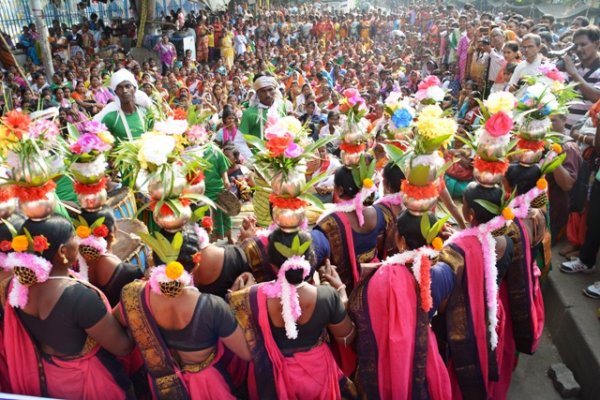
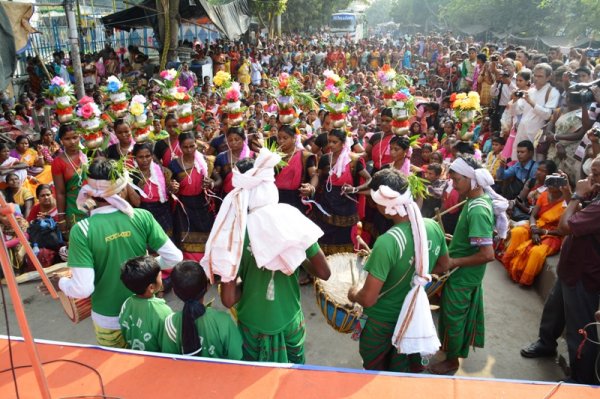
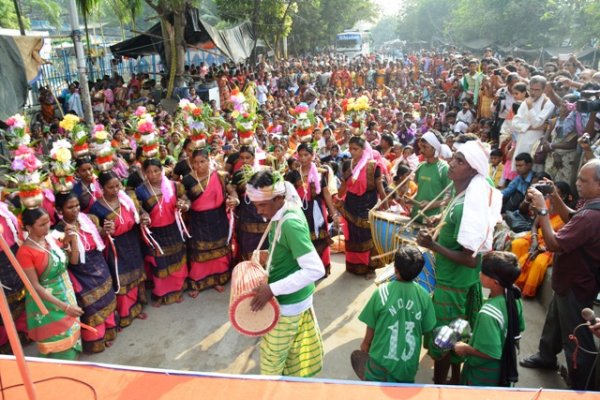
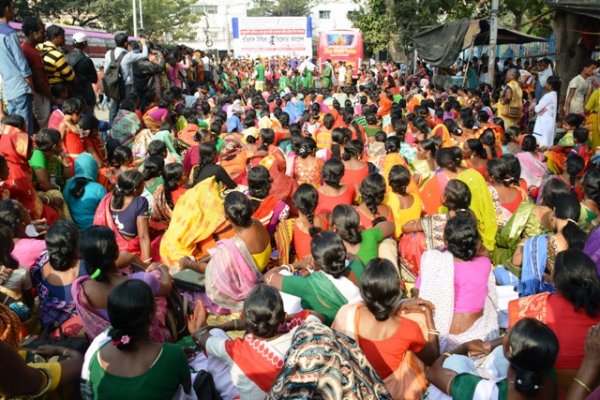

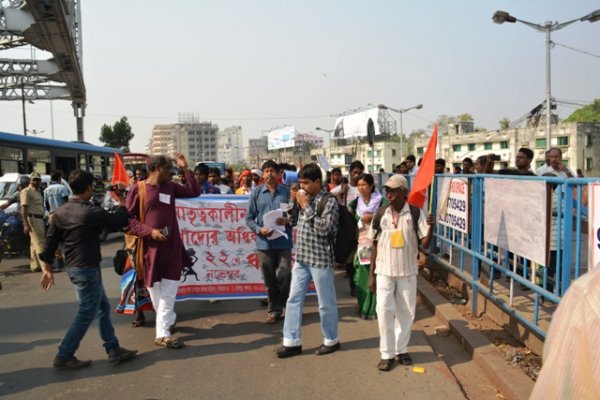
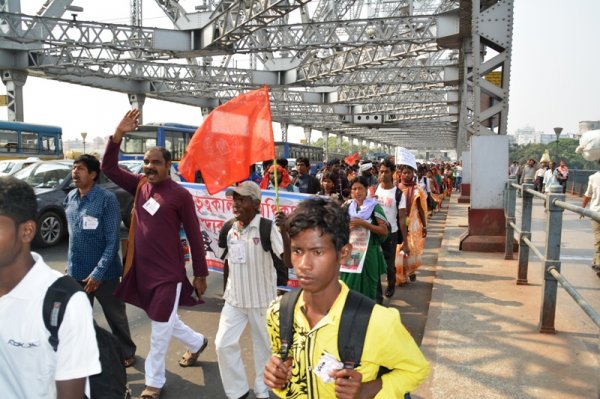
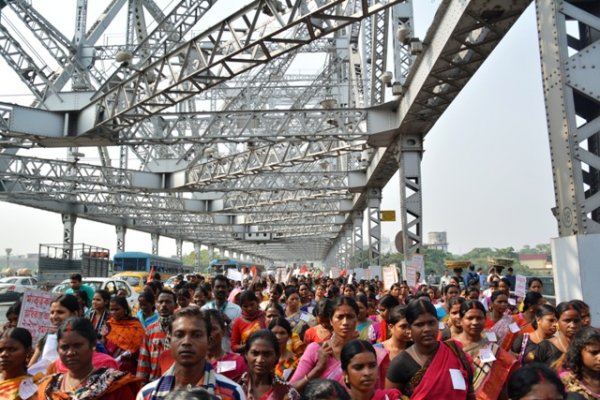
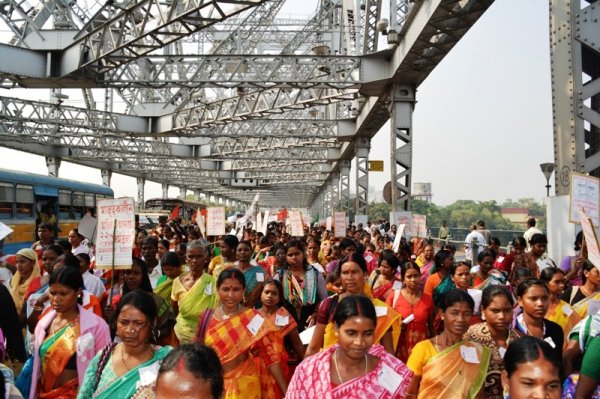
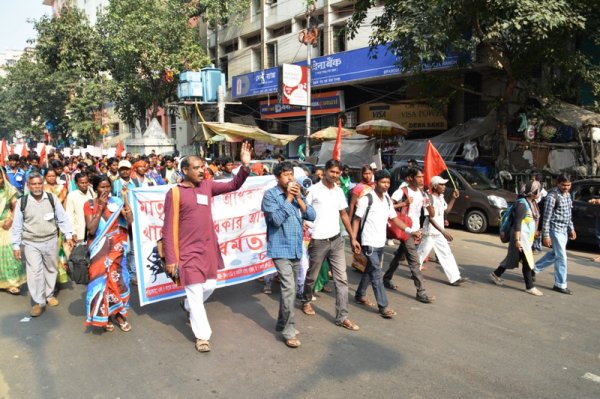
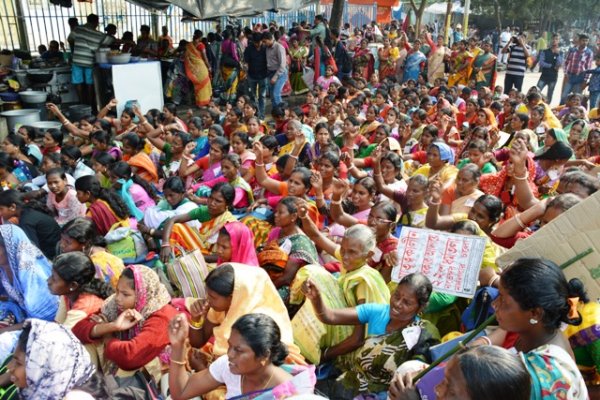
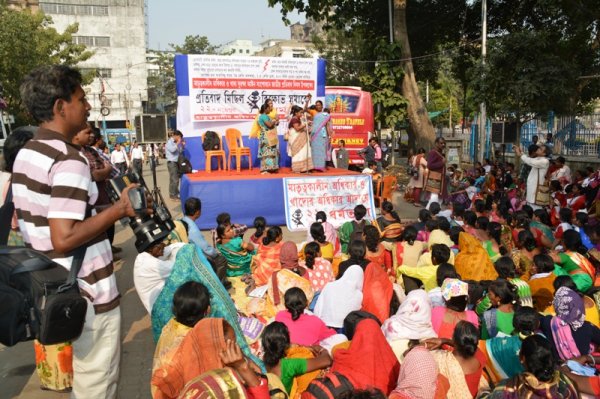

.png)










